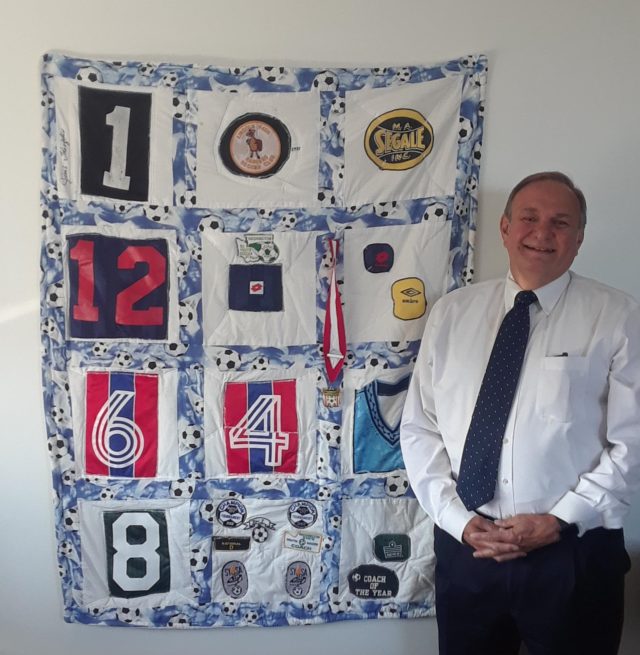Our Executive Director, Jim Theofelis, has dedicated his life to helping young people, as an advocate, a clinician and a leader in the movement to reform foster care and end youth and young adult homelessness. Previously, Jim shared why the time is right for solutions in Washington. Today, Jim shares why solutions must lead to systemic change.
By now, I’ve made my optimism for ending youth and young adult homelessness clear – I know the time is right for solutions. I also know that our solutions need to truly serve all young people. This means we cannot ignore issues like systemic racism, intergenerational poverty and discrimination against the LGBTQ+ community. Young people and their allies have been ready for decades to create a new system that dismantles these structural inequities, and I believe we have all the pieces in place to make it happen.
The numbers don’t lie – young people of color and young people who identify as LGBTQ+ disproportionately experience homelessness. Though black youth and young adults represent 4% of the population in Washington state, 24% of youth and young adults experiencing homelessness are black. And nationwide, about 40% of youth and young adults experiencing homelessness identify as LGBTQ+ according to True Colors United.
The truth is, our systems are biased, and they disadvantage and disenfranchise people of color, including youth and young adults. Let’s look at one example: When youth act out in school, the color of their skin can be an indicator of the outcomes they can expect. The same behaviors that get a white young person referred to behavioral health services can mean a disciplinary response, like suspension or even juvenile detention, for a young black person. Systems can put young people of color on a trajectory that ends up in homelessness.
Now, I want to be very clear – this ain’t new. Systemic racism came to our shores centuries ago with the slave ships and the genocide of indigenous peoples. But we do not have to let its ripples continue to rob young people today of the opportunity they deserve. Together, we can stop perpetuating these injustices. We can be innovative and try new solutions that look different from what we’ve done before, solutions that account for each young person’s unique needs.
Systems that were not created with young people of color in mind will not work to keep them safely housed. We need to remember that young people experiencing homelessness are the true experts in preventing and ending youth and young adult homelessness. Rather than trying to fit young people into boxes that aren’t quite right, we need to listen to young people and customize services to fit their needs. For example, if a young person who has experienced trauma says they need someone to take them to their appointments and to spend time with them after each session, that is what we should provide them.
I’ve heard all sorts of criticisms of this type of services – “But that’s just enabling young people,” the naysayers protest! We need to remember that even though young people with lived experience are resilient and strong, they still have the same developmental needs as their peers who live with their families. I’m a high school soccer coach, and I think about the support that my players receive from their families. They have parents who drive them to practice, bring them a snack and water bottle, ask them about their days, have dinner and even dessert waiting for them at home. And that’s what every young person deserves: The support of people who care about them.

Youth and young adults experiencing homelessness are expected to navigate housing, counseling, medical and legal systems all on their own. But handing a young person who is asking for help a list of resources isn’t saying “Yes” to that young person. Instead, we should say “Yes, I will take you to your appointment.” “Yes, we can talk about how difficult this is for you.” “Yes, we can stop for a treat to celebrate your courage and determination.” That is the level of support we need to give every young person, whether they have experienced homelessness or not.
I’ve always said for nearly my entire career that systems and policies don’t change lives – relationships do. We need to create an environment where all young people, and especially young people of color and LGBTQ+ young people, feel safe and can develop healthy relationships. An environment where a young person of color knows that they can ask for help and receive help, not disciplinary action. That’s one of the major changes we need to prevent and end youth and young adult homelessness: Treating ALL young people as if they were our own. Because they are!

Leave a Reply